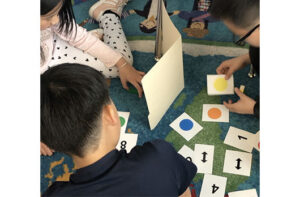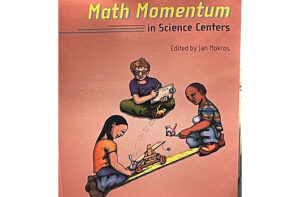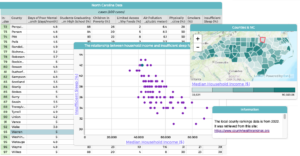Exploring how game genre in student-designed games influences computational thinking development
Troiano, G. M., Chen, Q., Vargas Alba, A., Robles, G., Smith, G., Cassidy, M., Tucker-Raymond, E., Puttick, G., Harteveld, C. (2020). Exploring how game genre in student-designed games influences computational thinking development. Proceedings of the 2020 CHI Conference on Human Factors in Computing Systems, 2020; 1-17. *Winner, Best Paper Award CHI’20.
Abstract
Game design is increasingly used in modern education to foster Computational Thinking (CT). Yet, it is unclear how and if the game genre of student-designed games impact CT and programming. We explore how game genre impacts CT development and programming routines in Scratch games designed by 8th-grade students using a metrics-based approach (i.e., Dr. Scratch). Our findings show that designing particular games (e.g., action, storytelling) impact CT and programming development. We observe, for instance, that CT skills develop and consolidate fast, after which students can focus on aspects more specific to game design. Based on the results, we suggest that researchers and educators in constructionist learning consider the impact of game genre when designing game-based curricula for the learning of programming and CT.
Winner, Best Paper Award CHI’20

Related People:
Michael Cassidy and Gillian Puttick












